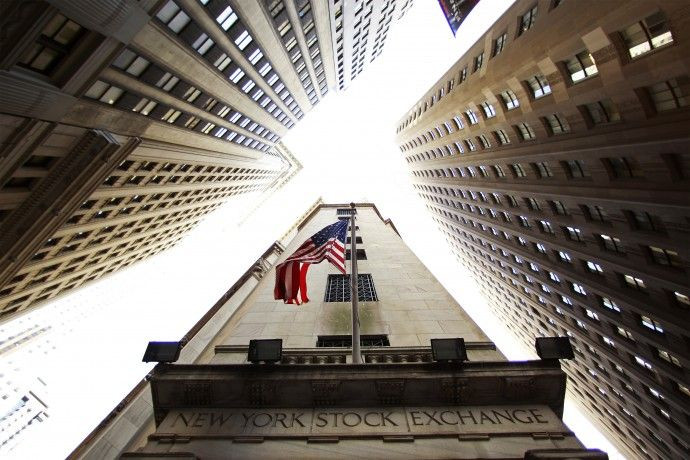Top Ten Predictions for U.S. Economy/Markets in 2011

These predictions come from Michael Yoshikami, president and chief investment strategist of YCMNET Advisors Inc. in Walnut Creek, Cal.
1 Equity markets will bounce after huge stimulus inflow
(In 2010, much of the gain in U.S. stock prices has been attributed to “artificial” measures, namely the Federal Reserve’s $600-billion Treasury buying program. Also, the tax cut compromise hammered out by President Obama and Republican Congressmen can also be considered a kind of “stimulus”, which is also expected to provide stocks a boost).
2 Emerging markets will gain a greater share of global GDP
(In fact, Bank of America/Merrill Lynch recently predicted that the emerging markets will have economic growth of 6.4 percent in 2011, down from 7.4 percent expected in the current year, but still high enough to account for an overwhelming 80 percent of global economic growth next year. Also, as an illustration of how far the developing world has advanced, consider that as recently as 1987 the top ten countries by GDP weighting did not even include China. By the end of 2008, China represented 6.3 percent of global GDP. By 2030, the BRIC nations as a whole are projected to account for nearly 25 percent of the world’s GDP.).
3 Fixed income assets will feel pressure from inflation fears but less than many imagine.
(Bonds enjoyed a tremendous year in 2010 as many investors were skittish about equities, despite a slowly recovering economy. Now, some analysts are saying that the bond rally is over and yields are sure to rise).
4 Euro and US Dollar will be pressured by fiscal woes
(The peripheral members of the euro zone remain beset by high debt and worries over their ability to reduce their deficits. In the event that Portugal and Spain require a huge bailout from the European Union/International Monetary Union, the sustainability of the euro will be at grave risk. In the U.S., the federal government is on course for another trillion-dollar deficit in fiscal 2011, amidst a stagnant recovery, pressuring the dollar further).
5 Technology shares will surge as companies seek to be more efficient.
(After struggling for more than the first half of the year, tech stocks, as represented by the Technology Select Sector SPDR (NYSE: XLK), have been surging since late August).
6 US banks will make a strong comeback and earnings will surge
(Banks and financials in general have underperformed the broader market in 2010 – some think they have been unfairly punished by a lot of negative sentiment arising from the credit crisis. Not surprisingly, the Financial Select Sector SPDR (NYSE: XLF) has struggled all year.)
7 Deficit reduction will become the hot political subject moving into the 2012 election.
(In the U.S., among politicians and economists, there is a battle between those who want to take the deficit down as soon as possible, and those who think that cutting the deficit should be secondary to propping up the economic recovery).
8 The Fed will not raise interest rates to any significant degree in 2011.
(A recent survey by CNN indicated that the majority of economists do not expect the central bank to start hiking rates until 2012 at the earliest, especially given how high unemployment is expected to remain).
9 Housing prices will remain stagnant
(The S&P Case-Shiller home price index suffered yet another monthly drop, leading many economists to warn of another round of downward housing prices next year, in light of the huge glut of unsold inventory and still-high joblessness).
10 Consumers will continue to spend more than expected
(In the run-up to the Christmas shopping season, retail sales in the U.S. rose 5.5 percent, the biggest such jump since 2005, and up from a 4.1 percent increase last year).
© Copyright IBTimes 2024. All rights reserved.





















